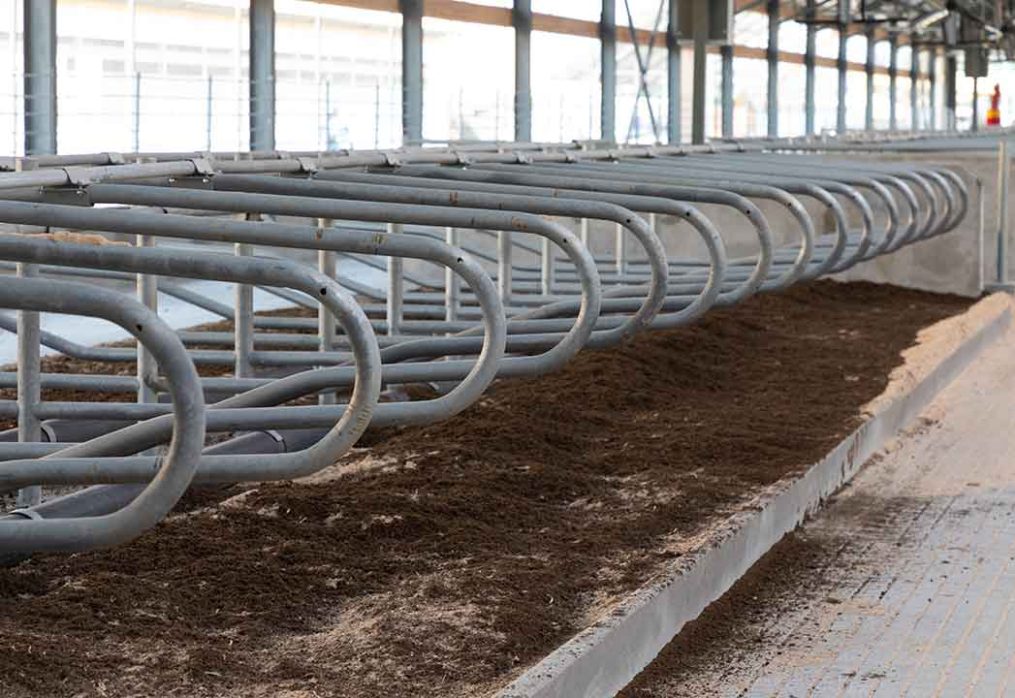Sustainability in Dairy Farming: How Kenyan Farmers Can Make a Difference
Sustainability in dairy farming is becoming an increasingly important topic in Kenya, and for good reason. Dairy farming, like many other industries, has a significant impact on the environment, and it’s crucial that we take steps to ensure that our farms are operating in a sustainable way. In this article, we’ll discuss some ways that dairy farmers in Kenya can play their small part in promoting sustainability.
One of the most important ways that dairy farmers can promote sustainability is by focusing on animal welfare. This not only ensures that the cows are happy and healthy, but it also leads to better milk production. A happy cow produces better milk, which is not only good for business but also reduces the need for more cows to be added to the herd.
To promote animal welfare, dairy farmers should ensure that their cows have access to clean water and food, as well as comfortable living conditions. The cows should be given enough space to move around freely and should not be overcrowded. Farmers should also ensure that their cows receive proper medical care and are not subjected to any harsh treatments.
Another way that dairy farmers can promote sustainability is by practicing responsible waste management. This includes reducing the amount of waste produced on the farm and properly disposing of any waste that is generated. For example, farmers can compost manure and other organic waste, which can then be used as fertilizer for crops.
Dairy farmers can also reduce waste by using energy-efficient technologies and practices. This includes using energy-efficient lighting and equipment, such as milking machines and cooling systems. Farmers can also install solar panels to generate their own electricity, which not only reduces their carbon footprint but also saves money in the long run.
Water conservation is another important aspect of sustainability in dairy farming. Farmers can reduce their water usage by installing drip irrigation systems and rainwater harvesting systems. They can also recycle water and use it for other purposes on the farm, such as cleaning.
Reducing the use of chemical fertilizers and pesticides is also important for sustainability in dairy farming. Instead, farmers can use natural fertilizers and pest control methods, such as crop rotation and companion planting.
Finally, dairy farmers can promote sustainability by supporting local communities and economies. They can source their inputs, such as animal feed, from local suppliers, which reduces transportation costs and supports the local economy. They can also sell their milk to local processors, which again supports the local economy and reduces transportation costs.
Sustainability in dairy farming is an important issue that every dairy farmer in Kenya can play their small part in. By focusing on animal welfare, responsible waste management, energy efficiency, water conservation, reducing the use of chemical fertilizers and pesticides, and supporting local communities and economies, dairy farmers can ensure that their farms are operating in a sustainable way. Not only does this benefit the environment, but it also benefits the farmers themselves by reducing costs and increasing profits.
